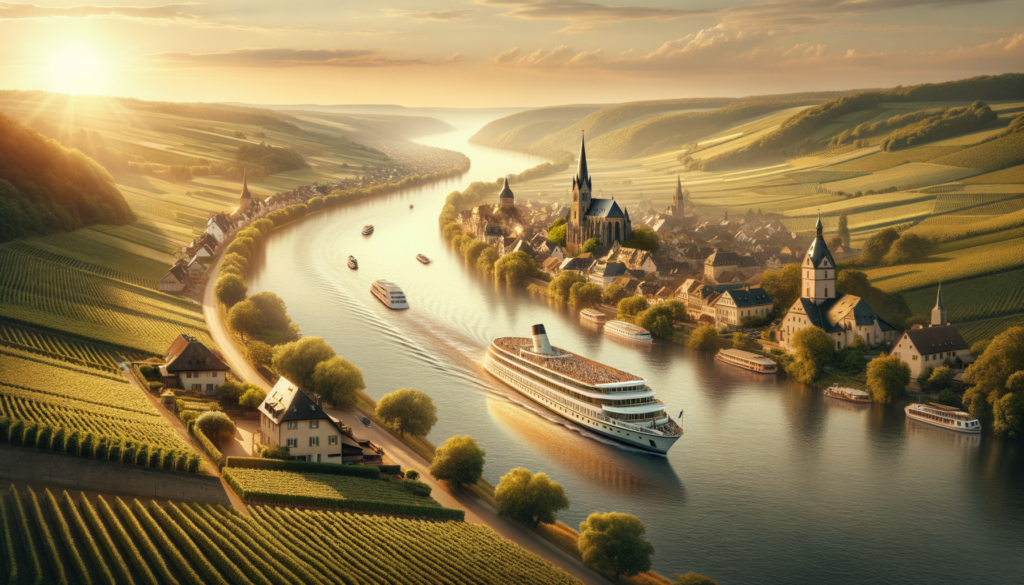The Science & Innovation Blog

Explore Europe’s Scenic River Cruises
Introduction to European River Cruises
European river cruises offer an unparalleled way to explore the continent’s rich history, vibrant cultures, and stunning landscapes. Unlike ocean cruises, river cruises provide an intimate and leisurely travel experience, allowing passengers to dock in the heart of cities and quaint towns. This mode of travel has grown in popularity due to its ability to combine comfort, convenience, and cultural immersion. For those seeking a journey that blends relaxation with exploration, European river cruises present an ideal option.
Popular River Cruise Routes
Europe is home to several iconic rivers that serve as the perfect backdrop for memorable cruises. The Rhine River, for instance, is renowned for its picturesque landscapes, including the legendary Lorelei Rock and the charming towns that dot its banks. The Danube River, Europe’s second-longest river, flows through ten countries, offering a diverse array of experiences from the vibrant city life of Budapest to the serene beauty of the Wachau Valley.
Another popular route is the Seine River, which allows travelers to experience the romance of Paris and the historic wonders of Normandy. The Douro River in Portugal is celebrated for its dramatic landscapes and the opportunity to explore the region’s famous wine country. These routes not only showcase Europe’s natural beauty but also provide rich historical and cultural insights, making them highly appealing to travelers.
Onboard Experience and Amenities
River cruise ships are designed to offer a luxurious and comfortable experience, often featuring amenities such as fine dining restaurants, spacious cabins, and panoramic lounges. Unlike larger ocean liners, river cruise ships are smaller, which allows for a more personalized and intimate atmosphere. Passengers can enjoy exceptional service and attention to detail, ensuring a memorable journey.
Many cruises offer themed experiences, such as culinary or wine tours, which enhance the travel experience by allowing guests to indulge in regional specialties. Additionally, onboard entertainment and educational programs provide insights into the destinations visited, enriching the overall experience.
Benefits of Choosing a River Cruise
One of the primary benefits of river cruising is the ability to reach destinations that are inaccessible to larger ships. This allows for a more immersive travel experience, as passengers can explore lesser-known towns and regions. The smaller scale of river cruises also means fewer passengers, which translates to less crowding and a more relaxed atmosphere.
River cruises are also an excellent choice for those who prefer a more structured travel experience, as they often include guided tours and excursions. This can be particularly appealing to travelers who want to maximize their time and gain a deeper understanding of the places they visit.
Planning Your European River Cruise
When planning a European river cruise, it’s important to consider factors such as the time of year, the specific route, and the type of experience you are seeking. Spring and fall are popular times for river cruises, offering mild weather and beautiful scenery. It’s also essential to research the various cruise lines and ships to find one that suits your preferences and budget.
Travelers should also consider the types of excursions offered, as these can greatly enhance the overall experience. Whether you’re interested in exploring historic sites, tasting local cuisine, or simply enjoying the scenic views, there’s a river cruise that can cater to your interests.









